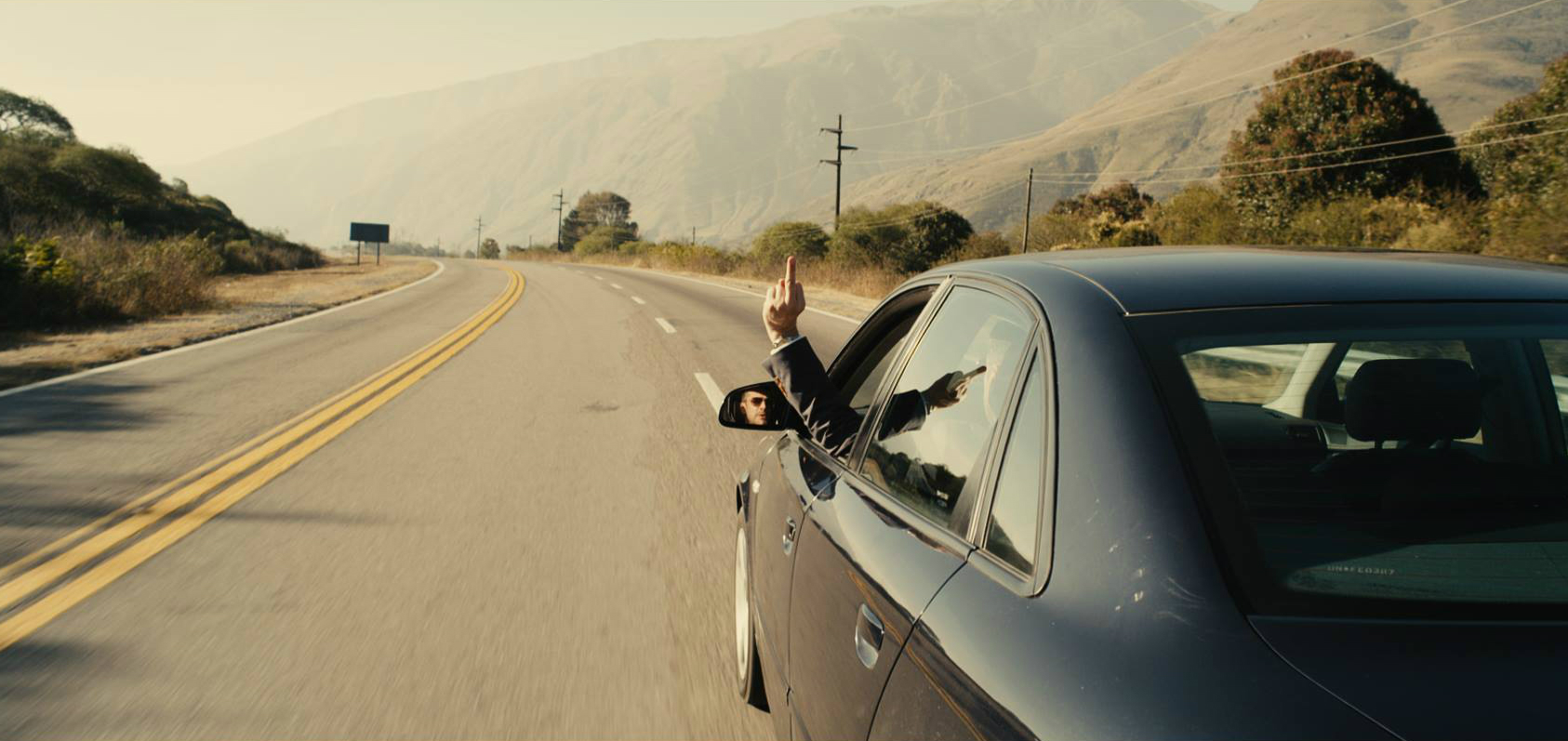
When the nominees for the hotly-contested Best Foreign Language Film category at the Academy Awards include a comedy, eyebrows are raised. In the last decade none of them have been nominated for the award; the handful of partially comedic films in recent memory run the gamut from Pablo Larrain’s Pinochet-era ad film No (in 2012) to Aki Kaurismäki’s The Man Without a Past (in 2002) to Belgian comedy Everybody’s Famous! (in 2000). In the lead-up to the most recent Oscars ceremony, though, two clearly comedic films vyed for a nomination, Damián Szifron’s Wild Tales (Relatos salvajes), an Argentinian comedy of revenge, and Force Majeure, Ruben Östlund’s polarising and scathing look at marriage.1 Szifron’s had the edge, with a host of recognisable Spanish-speaking actors — Ricardo Darín (of Oscar-winner The Secret in Their Eyes) the biggest name attached — and a vastly more broad sensibility, consisting of six vignettes that differ a lot tonally yet all rely on mostly simplistic yet satisfying punchlines. In that vein, Wild Tales is a decent comedy, and should be an audience-pleaser here in Australia, as it has been internationally. When compared to its Austrian comedic rival, though, Wild Tales pales; telegraphing most of its major jokes, the film’s vignettes range from impressive standalone shorts to weakly crafted comedy sketches.
With that noted, it should still be qualified that Wild Tales is a funny film, and every one of the six shorts has something interesting to offer. The very structure of the film helps, if one vignette is lagging, you’re aware that a completely new one will pick up the slack, and Szifron plays with timing to ensure that the shorts never feel episodic in form; some are very brief, like the bitterly funny opening scene, others are expansive, to the extent it feels like each one is more fleshed out that the one before it. For any anthology-type film, one of the more interesting elements is the sheer range of responses an audience gives each vignette, and Szifron tries out a host of comedic stylings, including a slapstick Looney Tunes-esque battle following a bout of road rage to a gradually absurdist social satire about parking tickets. One of the shorts even appears to be a comedic take on Nuri Bilge Ceylan’s Three Monkeys, a wholesale lifting of that film’s plot, with the addition of a scheming lawyer into the mix.
The ‘wild’ in the title refers not to the stories being far-fetched or outlandish (they mostly are) but because the people at the centre of each short have broken from societal norms and gone ‘wild’, from long-standing murderous plots to sudden panicked acts of violence. It’s an interesting forced dynamic, and means that each short acts to address social norms either in need of breaking or strengthening; Szifron takes on the ignorance of good news, fighting bureaucracy, the true value of loyalty in love and business and more. Whilst his targets might be relatable, on the whole the film is a fairly toothless social satire, oft-confused about what exactly it wants to say outside of hitting its overly obvious punchlines. There are some great and surprising asides, though, a long-held shot of men scheming in a backyard in the Three Monkeys-esque short comes to mind, as does the brilliant reveal in the opening skit, but looking at what the film says about Argentina today, you might be caught at a loss, outside of the obvious reflection on corruption of bureaucracy and corruption of the rich.
Circling back to the Force Majeure comparison, one of the more disappointing elements of Wild Tales is that, for an anthology of revenge, its comedic approach mostly feels broad rather than pointed. The acts of revenge themselves, strangely enough, could have taken a leaf from the Final Destination playbook. Too often the actual method and mode of revenge is placed at a distance from the person seeking revenge, it becomes mere punchline, as if Szifron is content with the mere allusion to revenge than it in action.2 Only one of the shorts, the final one and perhaps the best, actually deals with the consequences of revenge, as the act itself happens mid-way through the vignette, a gradually tense wedding reception. The way it is shot, edited and written is vastly impressive to what came before, with some interesting and unusual camera angles (a few shots of the camera-as-swinging-door) and a really bleak approach to love as an ever-growing sequence of vengeance. Despite the hit-and-miss medium-length vignettes that form the meat of Wild Tales, in the opening sketch (set on a plane) and the final wedding sequence Szifron showcases an assured grasp of hyper-short and lengthy comedic concepts, which is an exciting thing to see in cinema. Now if only he could make that wedding vignette last 90 minutes.
Around the Staff
| Ian Barr | |
| Dominic Barlow | |
| Brad Mariano | |
| Luke Goodsell |
